Imagine watching a group of strangers take a very personal story and act out their spontaneous interpretation of it right on the spot, in a moving and mystifyingly cathartic spur of the moment performance. That is essentially what the genre, playback theatre, is all about.
The art of theatre dates back to ancient times, and has evolved to include various different forms throughout the years. Playback theatre in particular started to emerge in the 1970s in New York City and it stemmed from improvisational theatre. Much like improvisational theatre, playback theatre does not involve a script or anything pre-planned, but rather depends on the actors’ natural and spontaneous instincts – as well as on-the-spot input – to create a performance. It does, of course, have a structure to it that facilitates in bringing these unprompted performances to life.
Playback theatre’s structure involves three main roles, that of the conductor (the person who acts as a link between audience and actor), the actor and the musician. In improvisational theatre, most of the different ‘games’ or forms of improv have names such as ‘dictionary’ and ‘four boxes’. In playback, the scenes produced come in both narrative and non-narrative short or long forms and fall under various performative categories such as ‘pairs’, ‘chorus’, ‘tableau’ or ‘fluid sculptures’. What is noteworthy about playback is the fact that its roots also stem from psychodrama, which is a method of psychotherapy in which spontaneous dramatization or role playing is used in order to gain insight into one’s life.
“Ben Rivers, who is the founder of Dawar (cultural organization in Cairo) and who is a drama-therapist, taught us psychodrama and playback and decided to put together a troupe so that we could access different communities both in and out of Cairo, and use playback as a means of sharing community stories and honoring communities and their different experiences,” commented Dahlia Sabbour, a theatre practitioner and one of the founding members of Egypt’s first playback theatre troupe.
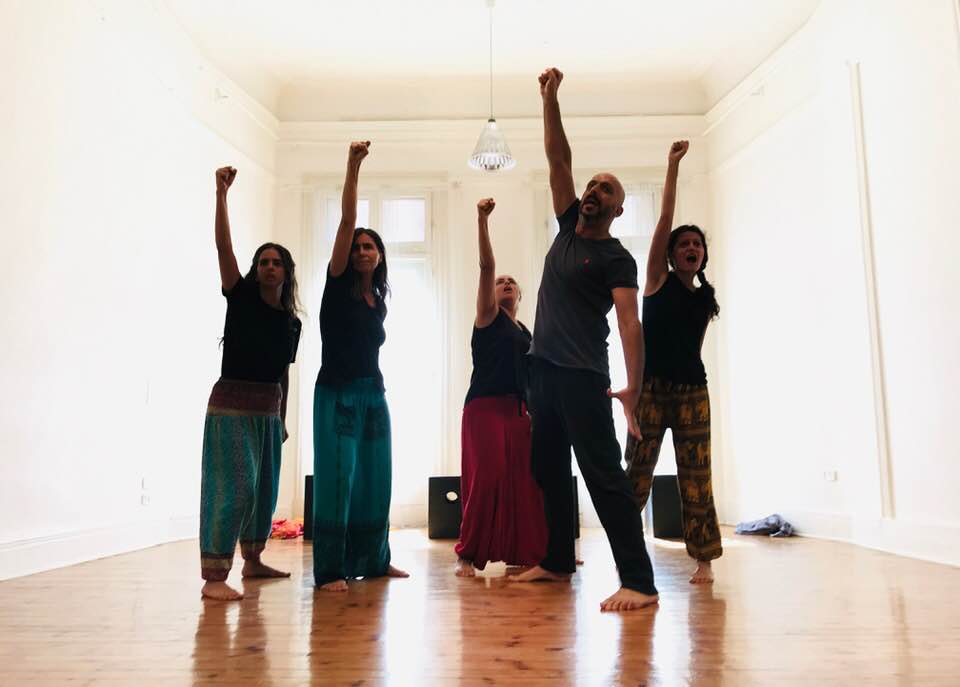
Egypt’s first playback theatre troupe was founded in the summer of 2016 by Rivers and under the umbrella and facilitation of Dawar, and the troupe includes six main members (Dahlia Sabbour, Nadine Emile, Carol Ackad, Essam Fayez, Soline Daccache, Mohamed Samy). Since their emergence, and as a result of this form of theatre’s success with audiences, there have been a number of other troupes that have taken shape, such as Badreya and Kheyout.
“It is an interactive form of theatre that is completely based on audience participation in the sense of sharing their stories so that we have something to work on,” says Sabbour. The audience participation aspect pf playback theatre is perhaps the very essence of it, and the reason as to why it has proved to be such an effective tool for community building.
When audience members who have never experienced or been exposed to anything like this before, or who are closed off from being too vulnerable, get to share their stories and watch them brought to life by a group of strangers; it is perhaps both therapeutic and freeing in a way, and greatly moving. Sabbour goes on to explain that, “in honoring people’s stories, [playback theatre’s] prime intention is to build an inherent sense of community within an audience that don’t know each other.” As a result of hearing, and perhaps relating, to each other’s stories. Audience members encourage and inspire each other to share their stories, and seem to build some kind of a bond within the framework of a playback theatre performance. Sabbour goes on to say that usually following a performance, audience members linger afterwards and start talking with each other further.
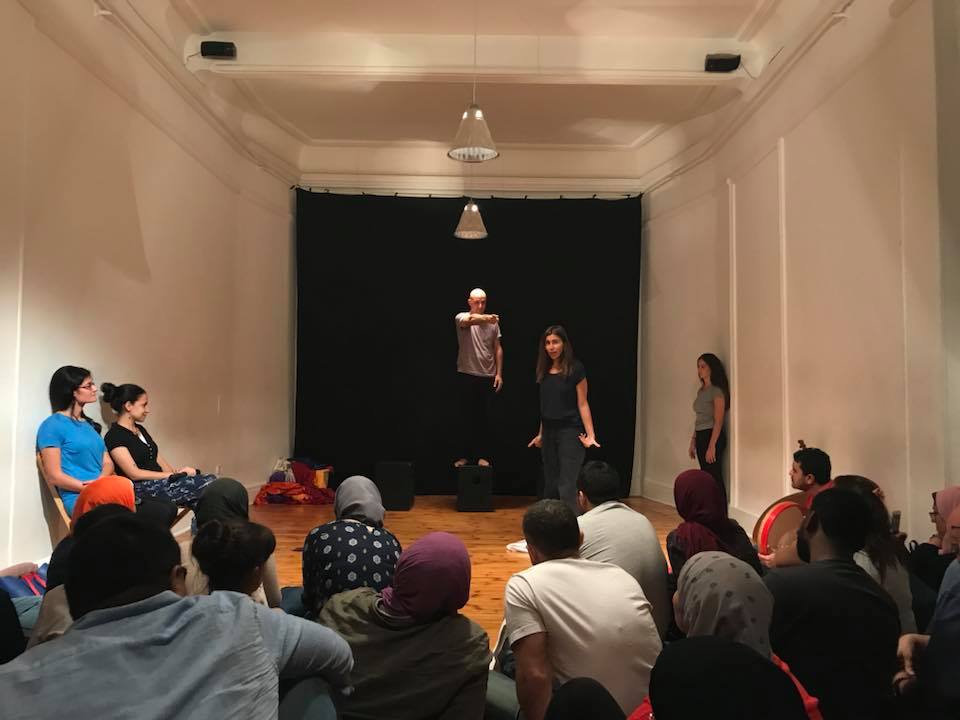
“Naturally, there’s that ‘me too’ factor that immediately kicks in and our stories resonate with each other,” says Sabbour ,which she believes to be one of the major reasons as to why playback theatre is such an effective and important tool in community building. Playback troupes make it a point to mention that all stories are welcome, and this immediately creates a judgement-free zone in which people can let down their walls and open their hearts.
“Through sharing we realize that, at the end of the day, there’s a seed of truth and vulnerability that connects us all,” says Sabbour, “we see that all stories are gifts, and people who are traumatized or sad by things they never shared, are applauded for sharing it.” In that sense, playback theatre can also be incredibly healing for communities and deeply therapeutic.
When the troupe first formed in Egypt, they worked with Care International, an affiliate of the United Nations (UN), in order to create a playback project in which they would perform for groups of Syrian refugees in Cairo and Alexandria within a one year time-frame.
“Playback wasn’t the only thing we were doing because playback itself isn’t a direct therapeutic technique, but Dawar was also hired to produce a range of psychodrama workshops with the refugees, which is more about healing trauma,” explains Sabbour. Within that year, Syrian refugee women would attend psychodrama workshops facilitated by Dawar and the troupe, followed by playback performances that would act as a complement to the workshops and build an ever stronger sense of community among these women.
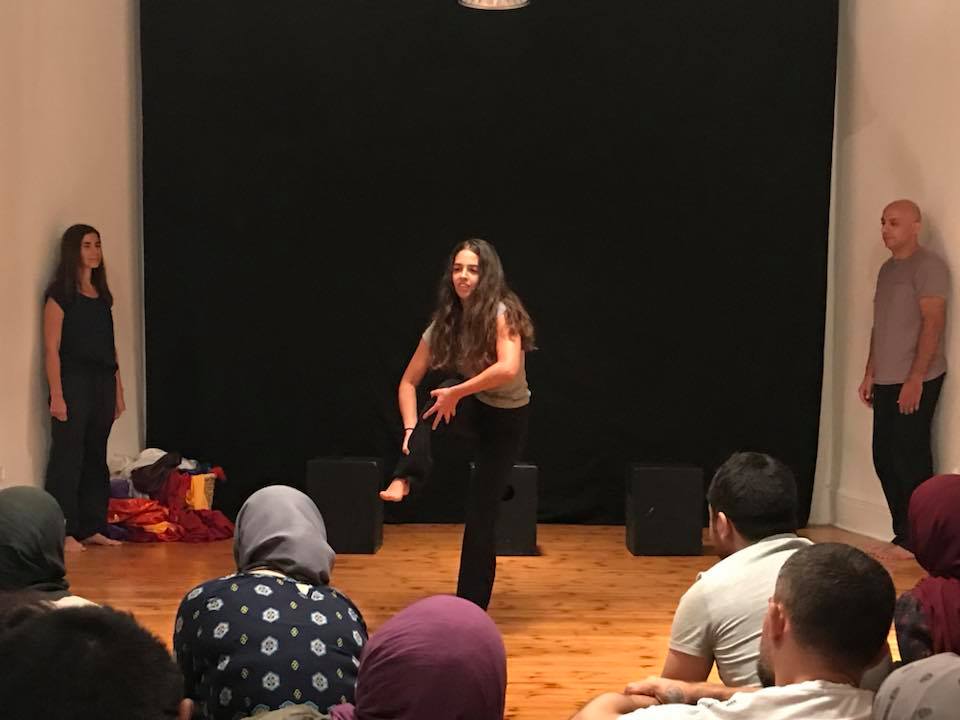
Ever since then, the troupe has worked closely with the UN in conducting psychodrama and therapeutic drama workshops, that would usually be followed by a celebratory playback performance for those who attended. “[Playback] is used a celebratory honoring of the women’s stories and their experiences healing through the psychodrama and theatre of the oppressed and expressive arts that Dawar is offering,” says Sabbour, “we’ve worked with the Care International project for a year and then moved on to work with the UN Women for a total of two years now.”
Sabbour also points out that the troupe’s playback experience with Egyptian communities is that they would usually find a lot of stored trauma and pain, which is culturally non very accepted and considered taboo to express. “As playback actors and as a troupe, it is important for us to be trained in knowing how to contain an audience and attending to their needs,” explains Sabbour due to the fact that things could get a bit overwhelming at times.
However, the troupe also makes efforts to take playback outside of Dawar and share the experience with different types of audiences in and out of Cairo. When doing so, stories shared are usually ‘lighter’ and, according to Sabbour, that is a balance that they wish to further explore and implement. In balancing a variety of stories that do not necessarily have to be traumatic or cheerful, this will in turn create a wider scope of relatability that can ultimately bring communities together even further.
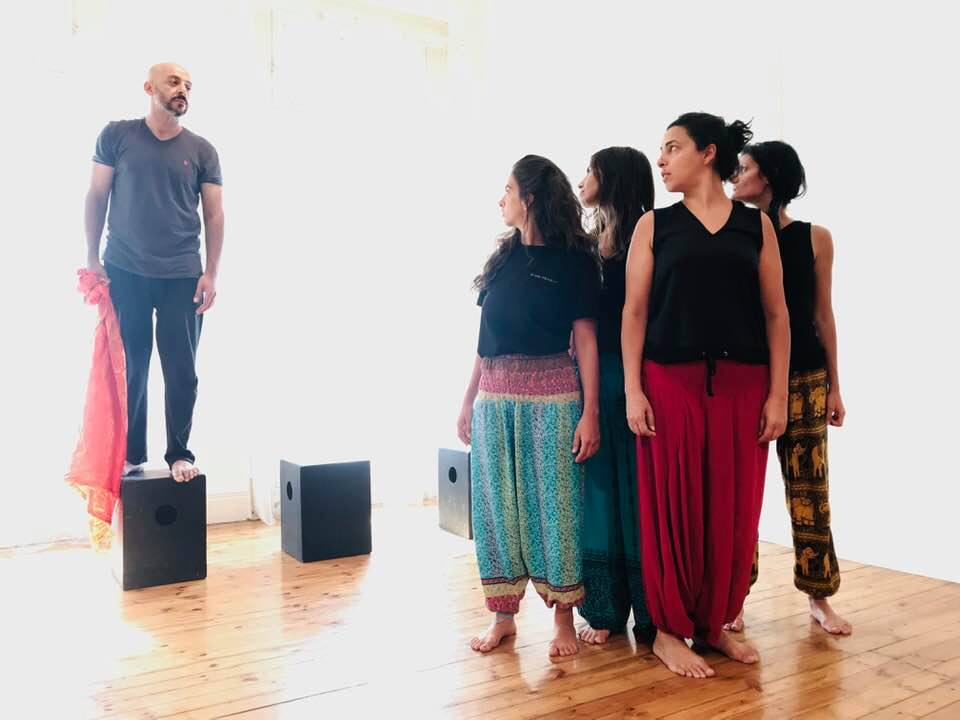
“Theatre itself has a communal aspect to it, even in its traditional form, but playback really seems to be giving more of a sense of community in a world that is completely overwhelmed with social media and disconnect,” says Sabbour, which is precisely why she hopes to branch out further with playback theatre and have it become even more available and felt within the Egyptian community.
If one wishes to experience what playback has to offer for themselves, the Dawar Playback troupe’s next public performance will take place at NWT House in Maadi on Sunday February 23 at 7 pm.



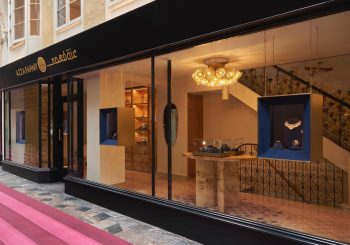
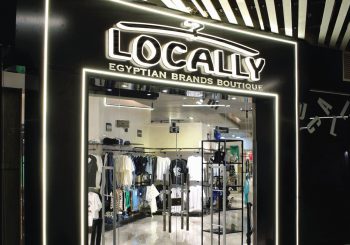

Comments (0)